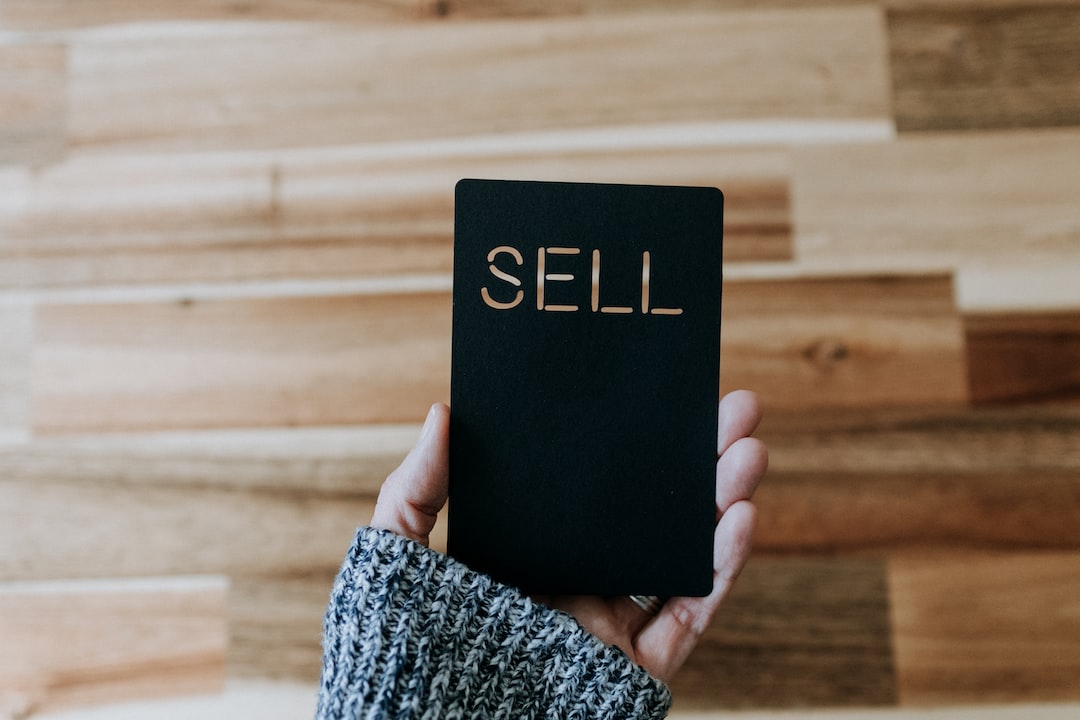FTX Founder Sam Bankman-Fried Testifies in Fraud Trial
Sam Bankman-Fried, the founder of FTX, took the stand for the first time in his own fraud trial. Legal experts are referring to this move as a last-ditch effort to save himself from conviction. The focus of the examination was on private Signal messages that Bankman-Fried had shared with his former colleagues and whether he had authorization to delete such messages.
Skimming the Terms of Service
In his defense, Bankman-Fried argued that using encrypted messaging apps like Signal was necessary to protect FTX from hacking attempts. He stated that he used an “auto-delete” function on the app because Signal was primarily used for casual conversations rather than discussing policies or business records. When asked if he believed deleting spreadsheets provided by Caroline Ellison was permissible, Bankman-Fried answered affirmatively.
Bankman-Fried also blamed his lawyers for recommending the structuring of payments from Alameda as loans instead of dividends. He claimed that this recommendation was made to avoid double taxation.
Dodging Questions
During cross-examination, Bankman-Fried’s testimony was characterized by vague and evasive answers. He frequently claimed not to know or recall important details. At one point, the judge admonished him to answer questions directly.
Bankman-Fried’s discomfort became evident as he fidgeted and drank water more frequently during the examination. When asked if Alameda could spend FTX customer deposits, he responded ambiguously but ultimately indicated that it was possible.
Anthony Scarmucci, founder of SkyBridge Capital and a close associate of Bankman-Fried, expressed concern about his decision to testify. Scarmucci regrets introducing him to world leaders.
Hot Take: Bankman-Fried’s Risky Move
By testifying in his own fraud trial, Sam Bankman-Fried has taken a high-stakes gamble to defend himself against conviction. However, his testimony was marked by evasive answers and lack of clarity. This move may have further damaged his credibility and increased the likelihood of an unfavorable outcome. It remains to be seen how the court will evaluate his defense and its impact on the trial’s outcome.





 By
By
 By
By
 By
By
 By
By

 By
By